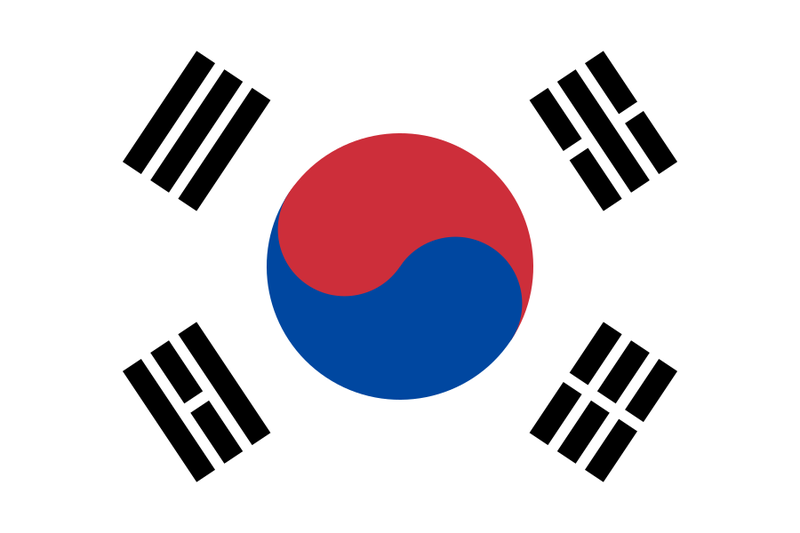The South Korean government has signed a preliminary agreement with Turkey to build two nuclear power plants on the country’s Black Sea coast.
If the two countries reach a commercial agreement by the end of next year, as they hope, Turkey would become the second export market for South Korean nuclear reactors after the UAE.
 Yesterday’s announcement, made during a visit to Seoul by Abdullah Gul, the Turkish president, revived hopes of a South Korean win in the country after a first round of nuclear contracts was awarded to Russian companies last month. “The memorandum of understanding marks the first government-level understanding of the will to co-operate on it,” Yoon Sang-jik, the senior secretary for knowledge economy at the office of the South Korean president, told the state news agency Yonhap.
Yesterday’s announcement, made during a visit to Seoul by Abdullah Gul, the Turkish president, revived hopes of a South Korean win in the country after a first round of nuclear contracts was awarded to Russian companies last month. “The memorandum of understanding marks the first government-level understanding of the will to co-operate on it,” Yoon Sang-jik, the senior secretary for knowledge economy at the office of the South Korean president, told the state news agency Yonhap.
“It means the first concrete step towards a deal.”
Two senior sources in South Korea’s nuclear industry said the deal was preliminary and a number of important questions still had to be addressed.
“The media are talking about it a lot but it’s still under discussion between both countries,” one source said.
Officials at Korea Electric Power Corporation (KEPCO), the state-owned power company that leads the country’s overseas nuclear programme, had mentioned Turkey as a key potential market along with Jordan, China, Romania, the US and Finland.
That was after winning the US$20 billion (Dh73.45bn) contract at the end of last year to build four reactors in Abu Dhabi by 2020.
A KEPCO official said in April that the Korean industry aimed to supply 20 per cent of the world’s nuclear market by 2030, equal to about 80 reactors.
But the company’s officials have been cautious about deals in which KEPCO would help to finance a reactor in a foreign country and make its return on the long-term sale of electricity. In its agreement to build four reactors on Turkey’s southern coast last month, Russia said it would fully cover the upfront, multibillion-dollar cost of each of the plants and eventually sell 51 per cent back to Turkish state power companies.
Choi Kyung-hwan, the South Korean minister of knowledge economy, told local press on Thursday that providing financing for reactors in Turkey could prove to be a hurdle for Korean companies.
“We can’t build plants by wholly establishing funds by ourselves like Russia proposed to Turkey,” Mr Choi was quoted as saying. “Turkey has to be the main player in financing the project, while Korea will partly participate.”
Turkey has barely any reserves of oil or natural gas and has planned the construction of civilian nuclear reactors for years to reduce its reliance on gas imported from Russia and Iran.
It initially planned to award construction contracts for nuclear power plants in 1997 but delayed the decision several times and ultimately abandoned the proposal.
In March 2008, the government invited a new round of commercial bids but received only one, from Russia’s AtomStroyExport.
The deal was cancelled last year but revived by last month’s political agreement for Russian companies to build four power plants with capacity of 1,200 megawatts.
The first plant will be in operation in as little as eight years, depending on how long it takes government regulators to approve a construction licence.
The Turkish government has secured the crucial support of the US government, with which it finalised a civilian nuclear co-operation agreement in May 2008.
The agreement gives Turkey access to US nuclear parts and expertise that are the basis of many reactor designs in use around the world.
Chris Stanton
Last Updated: June 15. 2010 8:03PM UAE / June 15. 2010 4:03PM GMT
Source: thenational.ae


Leave a Reply